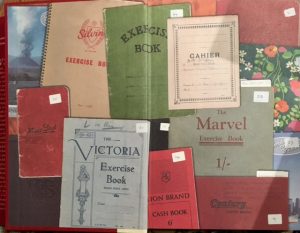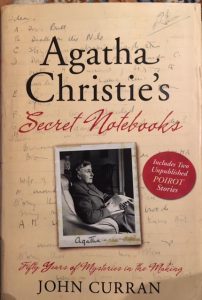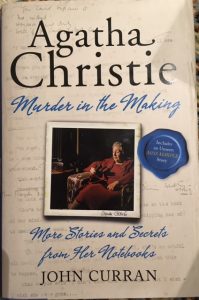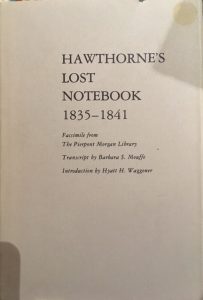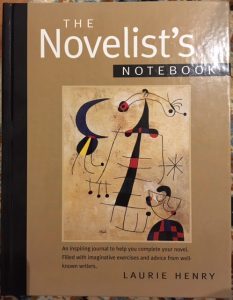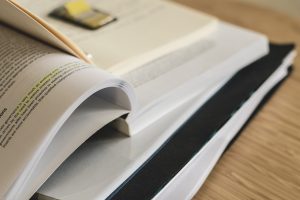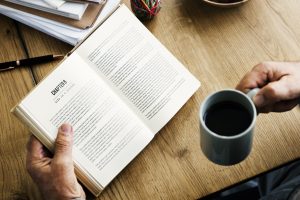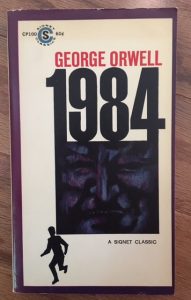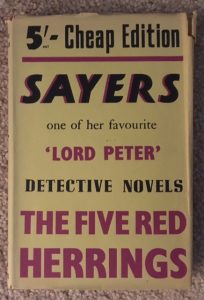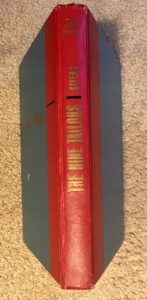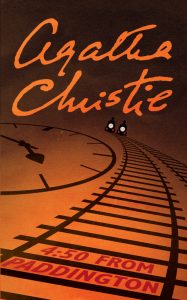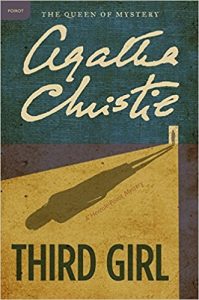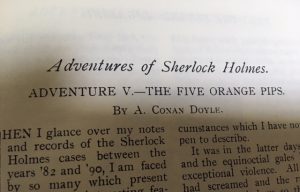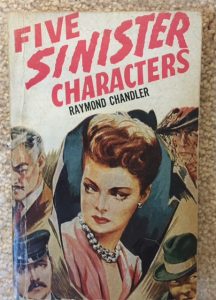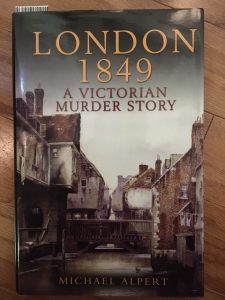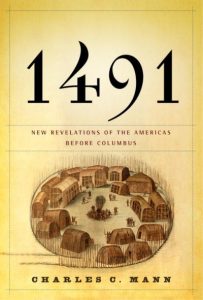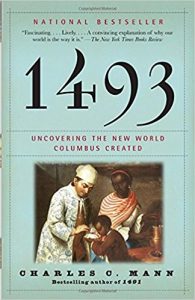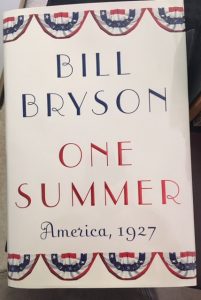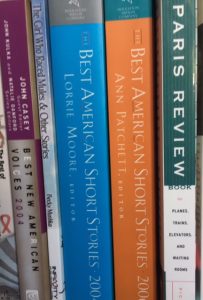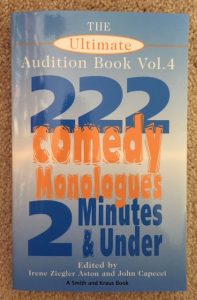Virtually all writers have heard the advice that they should keep notebooks—books of whatever sort in which one jots down ideas for stories, images, bits of dialogue, whatever might be useful sometime or other. I’m not very good at that. I kept extensive notes when I was writing Nettie’s Books, but mostly it is catch as catch can.
But don’t take me as a model! Better look to Agatha Christie. When Christie died in 1976, at the age of 85, she left behind 73 hand-written private notebooks, including illustrations and two unpublished Poirot stories.
She wrote more than one book a year from the 1920s, all bestsellers. Her notebooks included notes, lists, and stories. Such notebooks give depth to the published works, reveal the originally planned endings, and plots that were rejected.
Not surprisingly, such a successful, prolific writer left behind more material than one book could contain. This volume explores Christie’s techniques for surprise and entertainment. John Curran discusses how her plots evolved, presents previously unpublished short stories and chapters edited out of published works, and discusses her final unfinished work.
Keeping a notebook is not a modern idea. Hawthorne’s notebook from 1835-1841 is testimony to that. It is the earliest notebook that Hawthorne is known to have kept, containing more ideas for stories and articles than any other, including facsimiles in his own hand with more readable typescript alongside.
I urge you to read such notebooks. For one thing, they are fascinating reading. But also, you might come across bits that the greats abandoned but which inspire you to new heights.
In any event, consider keeping your own writer’s notebook—or expanding what you’ve already started. As in virtually every case, there are books to help you do that!
